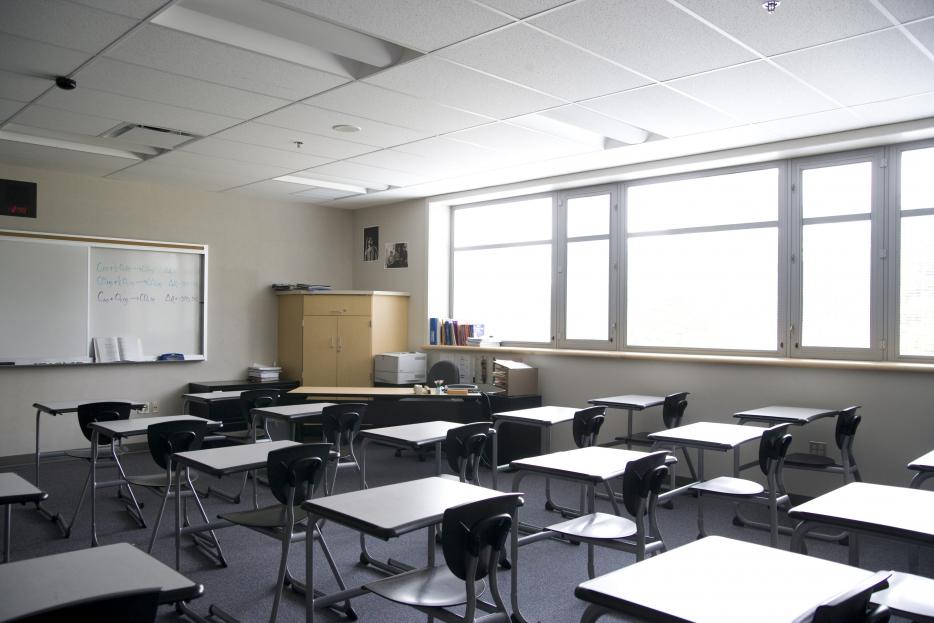
What Parents Need to Know About the GCSE and A Level Reforms
Michael Gove’s much heralded GCSE and A Level reforms are approaching with unstoppable speed.
Despite opposition from leading universities, a newly elected 2015 government will not have time to reform the reforms even if it would like to – but parents of children entering year 10 or year 12 in September 2015 are concerned about the impact the reforms will have on their children.
What’s happening to GCSEs?
GCSEs are effectively being made tougher, with a beefed up curriculum and an end to almost all coursework. New grades will be applied to the exams: 1-9, with 9 being the highest grade, given to only around half of those who would currently achieve an A*. Grade 4 is said to be equivalent to the current C at GCSE.
The new maths and English GCSE courses will begin in September 2015, with the other subjects to follow suit from September 2016.
What’s the controversy?
The GCSE exam reforms are unpopular with teachers, who fear having inadequate time to prepare to teach the new courses. The maths GCSE will contain a third more content, with schools being advised to schedule at least one extra maths lesson a week because of this – but there is no clear idea which other subject will suffer as a result.
English literature will no longer be compulsory, and will not count towards the EBacc schools performance measure, leading to fears that schools will sideline English Lit on offer it only to the brightest pupils, if at all.
Arguably, the removal of coursework disadvantages those children who do not intend to head into higher education – real life work does not depend on one examination every two years, but is of course more similar to a continuous assessment model.
What are the advantages of GCSE reform?
The aim of the reforms is to boost standards at 16 and to increase Britain’s competitive edge. Some believe that the increased range of grades will lead to increased competition between schools, which in turn will drive up standards across the board. “There’s no room here for even the best performing schools to rest on their laurels,” says Steve Spriggs, MD of William Clarence Education. “The new grading scheme could allow middle of the range schools to push forwards and shine.”
What’s happening to A Levels?
Instead of the modular AS-first-then-A-level approach we have had, A levels will now be examined on a linear basis at the end of a two year course. The AS exam will remain as a standalone option, but AS results will not count towards A level results. Coursework at A level is being all but scrapped, and January examinations are ending, with exams taking place in June only.
Most new A levels are for first teaching in September 2015, apart from geography, maths and further maths, which have been delayed until 2016.
What’s the controversy?
Oxford, Cambridge and the Russell Group universities have all been outspoken in their opposition to the A level reforms. In particular, they are concerned that they will no longer be able to make offers on the basis of AS results, which Cambridge have in the past called “the single most effective predictor of a student’s future performance when studying for their degree”. Oxford has also voiced concerns about attempts to reform both GCSEs and A-levels at the same time.
Forcing pupils at 16 to choose either the AS route or the A level route will effectively put an end to bright but under-confident students being able to give A levels a go, and by extension, will rule some of these pupils out off the higher education race.
What are the advantages of A Level reform?
A return to more rigorous A levels and the abandonment of the modular system will enable good teachers to give students a more thorough understanding of a subject, instead of teaching to the test. This in turn should make the transition to university easier.
“These are bold reforms,” says Steve Spriggs, “but they may well lead to better and stronger academic results. Good private tutoring can help less confident students to make the leap into this linear course format. Tutoring can also help bright students shine even more brightly now that they will have more scope to show off their knowledge at the end of the two year A level courses.”
________________________________________________________________
William Clarence Education is the leading education advisory and consultancy service in the UK. With an unrivalled reach into the UK Schooling and University network, we help and advise families from around the world to reach their maximum potential and gain access to the very best of British education.
William Clarence put the student’s needs and welfare at the centre of every programme of study we deliver with a focus on integrity and discretion. Services include UK School and University Placement, Residential Tutoring, Oxbridge Application, US College Admission and Homeschooling.
For more information please contact:
williamclarence.com
